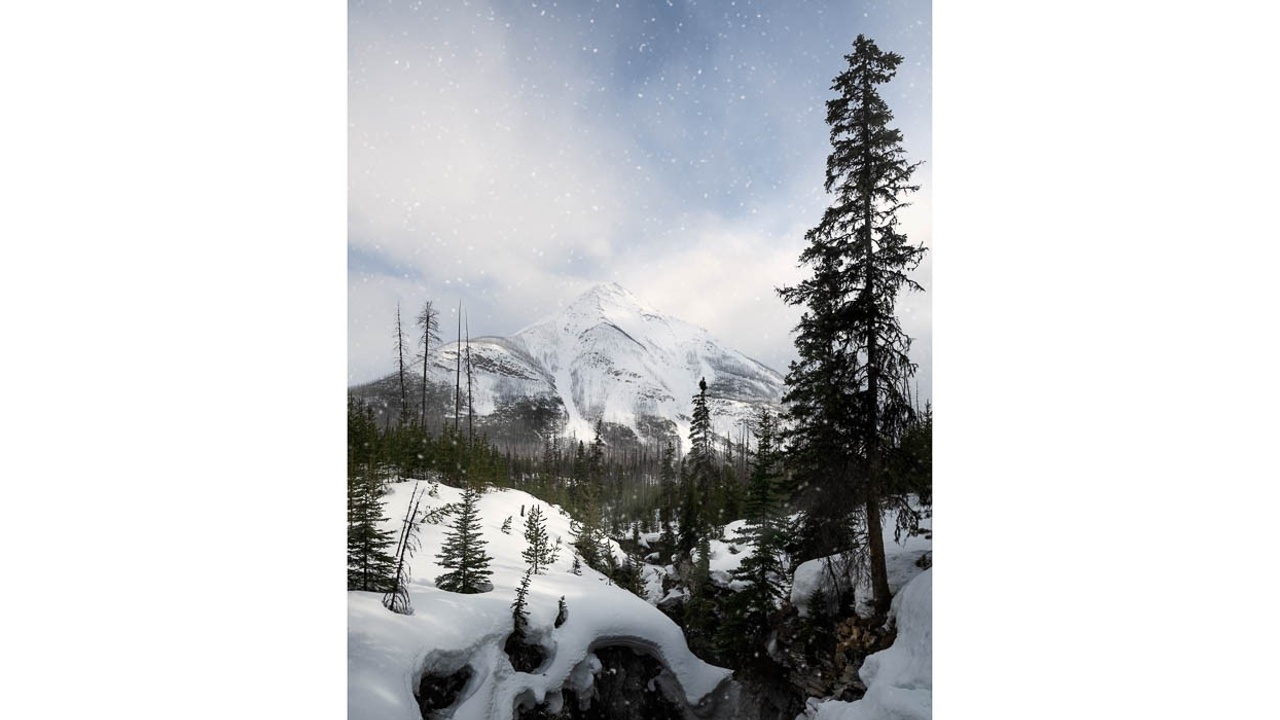
To Grad or not to Grad that is the Question
Apr 12, 2022Landscape photography filters and landscape photography go together like two peas in a pod. Landscape photography filters are invaluable to the landscape photographer and can not only help you take a better photograph but can also make your life a whole lot easier. I bet that's music to your ear! I know I'd rather be spending my time enjoying and creating in nature as opposed to fixing issues that are easily resolved through proper use of technique.
The two main types of filters in landscape photography are:
- The Polarizing Filter: These filters are excellent for cutting through atmospheric elements increasing details and colours and minimizing or removing glare from reflective elements.
- The Neutral Density Filter: These filters darken an entire scene (solid neutral density) or partial scene (graduated, reverse, blender).
In today's photography tip I'm going to be chatting about neutral density filters, and more specifically the graduated neutral density filter. The main role of the neutral density filter is to darken or reduce exposure within an entire or partial landscape scene.
But, what's so advantageous about these graduated ND filters? Couldn't a photographer just use bracketing to achieve the same effect? Well yes, and no.
As we all know cameras have limitations. One notable limitation of any camera is its dynamic range. Dynamic range is the camera's ability to record details in the highlights through shadow areas of a scene in a single exposure.
Now, the graduated neutral density filter can offer assistance to the landscape photographer and address the issue of dynamic range eliminating the need for bracketing. The graduated neutral density filter can darken the upper portion of an exposure. When that high dynamic range is reduced it can result in a single exposure and no need to bracket an image. This will save you time and effort in post-processing.

ISO 100 17.5mm, f13, 1/200 sec
With brighter days upon us and cheerily lit skies from the spring sunlight a graduated neutral density filter can help the landscape photographer capture full dynamic range in a single exposure as opposed to bracketing and then blending techniques in post-processing leaving more time for more spring adventures. These filters are extremely useful and I always have mine close by.


